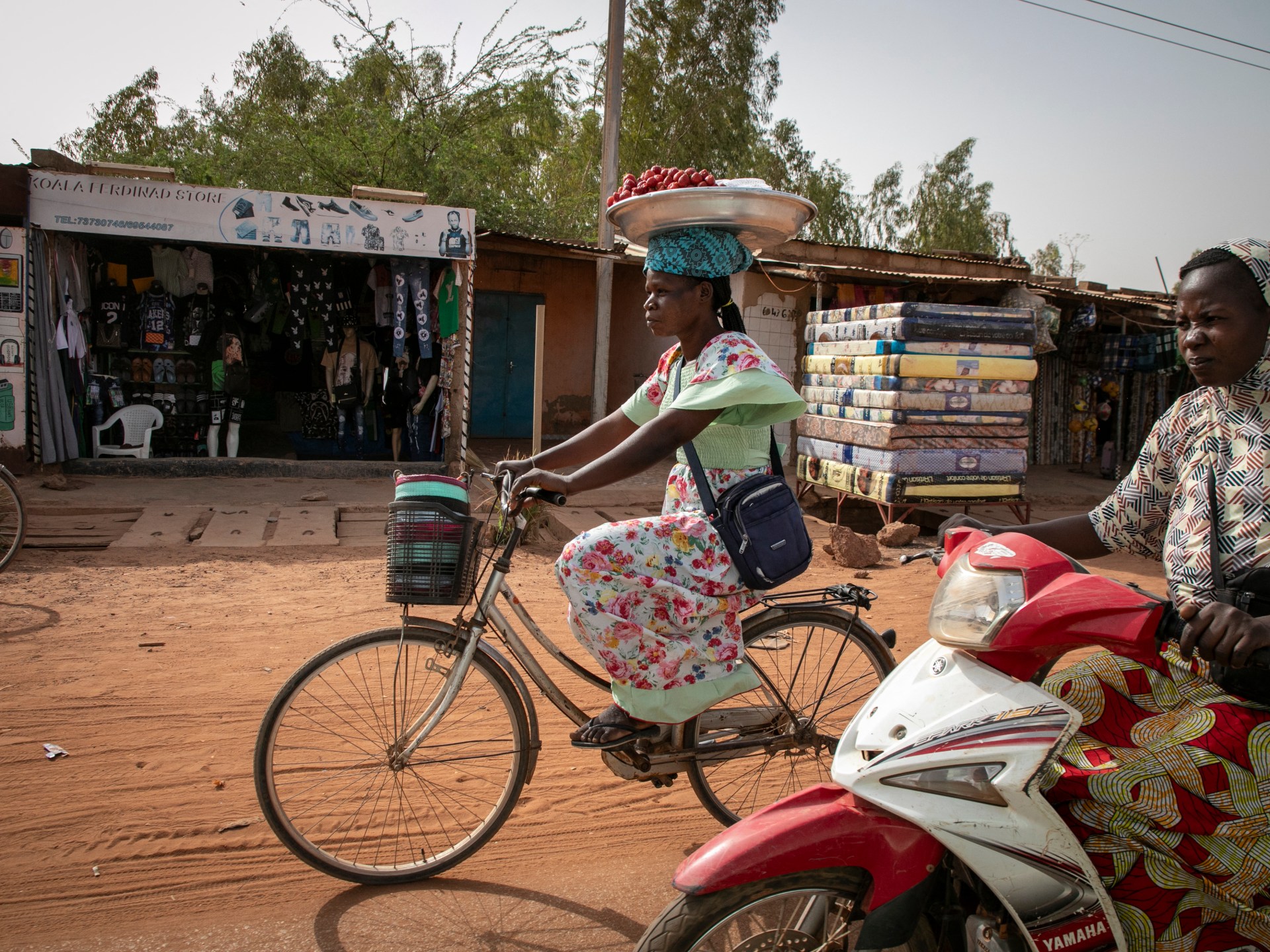
Deadly Sahel heatwave caused by ‘human-induced’ climate change: Study
Al Jazeera
Mali and Burkina Faso recorded most extreme heat in what scientists called a once-in-a-200-year occurrence.
Human-caused climate change contributed to an unusually intense and lethal hot spell throughout West Africa’s Sahel region in April, according to a study by World Weather Attribution (WWA), an international network of scientists focusing on extreme weather events.
The heatwave caused temperatures in Mali and Burkina Faso to climb to more than 45 degrees Celsius (113 degrees Fahrenheit) between April 1 and April 5, an unusual spike for the season that likely led to numerous deaths, said the study published on Thursday.
The extreme weather also coincided with the Muslim holy month of Ramadan and frequent power cuts, heightening the risk of heat-related casualties.
“Even minimum temperatures, overnight, remained relatively high, making it so that people did not get a break from the heat,” the study added.
The WWA’s observations and climate models found that “heatwaves with the magnitude observed in March and April 2024 in the region would have been impossible to occur without the global warming of 1.2C to date”, which it linked to “human-induced climate change”.
